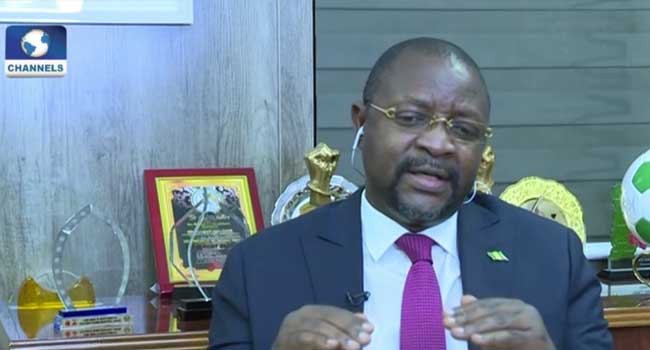The Minister of Youth and Sports Development, Sunday Dare, has blamed the rising unemployment in the country on the dwindling resources.
Speaking during an interview on Channels Television’s Politics Today on Thursday to mark International Youth Day, the Sports Minister said the country has witnessed dwindling resources to cater for the over 200 million Nigerians, in which the majority of the population are the youths.
“Without giving an excuse, it boils down to resources. We have seen government resources over time dwindle,” the Minister said in reaction to the rising figures in the unemployment rate in the country.
“When you also go to other countries where you find unemployment stabilise for a while, it is a collaborative effort on the part of the government, private corporations and the international NGOs working together.”
On efforts made by the current administration in empowering the youths, Dare explained that the Federal Government is committed to equipping young Nigerians with the requisite skills – vocational and technical – stressing that it is the future of jobs as recommended by the International Labour Organisation (ILO) and the United Nations.

While noting that most jobs involve people acquiring the needed digital skills, the Minister noted that the focus of the President Muhammadu Buhari administration “is making sure that we provide our youths with the digital skills that they need to compete.”
READ ALSO: Court Declines Okorocha’s Application To Stop Confiscation Of His Properties
Nigeria relies on crude oil which accounts for about 10% of the country’s Gross Domestic Product (GDP), 70% of government revenue and more than 83% of the country’s total export earnings, according to the Organisation of Petroleum Exporting Countries (OPEC).
Africa’s most populous nation is the world’s 8th oil exporter, and its oil reserves are estimated at about 35 billion barrels.
However, oil fell below $70 a barrel on Wednesday as the United States urged OPEC and its oil-producing partners to boost output; saying current production was not enough and could threaten the global economic recovery.
Similarly, the global COVID-19 pandemic has affected several countries of the world, with billions budgeted to cushion the effect on economies.




